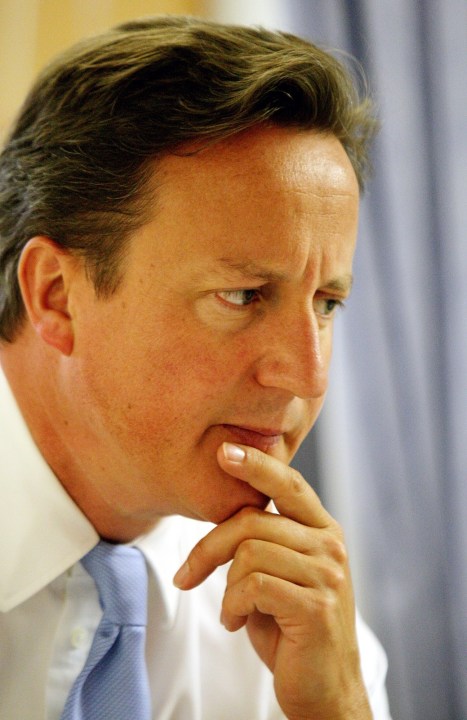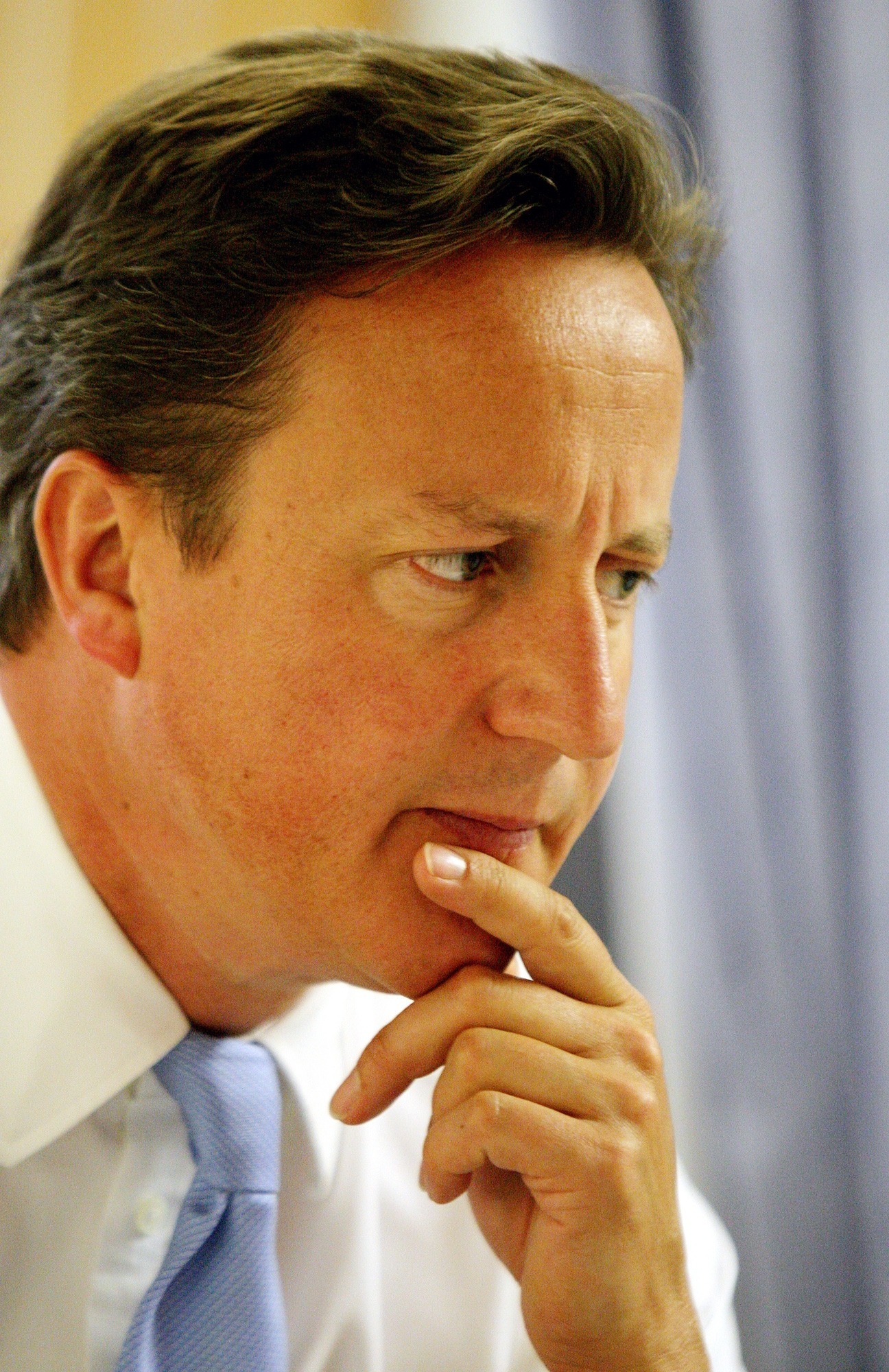 It’s Fathers’ Day today — and David Cameron is marking it with an
extraordinary attack on those dads who are AWOL. It comes in one paragaph of an otherwise excellent and moving piece for the Sunday Telegraph (albeit one that
downplays the role of the taxman), in which he says that men leaving their family is “beyond the pale”; that such fathers should feel the “full force” of society; and goes as
far as comparing them to drunk drivers. This is a brave move — in the Sir Humphry sense of the word — for three reasons.
It’s Fathers’ Day today — and David Cameron is marking it with an
extraordinary attack on those dads who are AWOL. It comes in one paragaph of an otherwise excellent and moving piece for the Sunday Telegraph (albeit one that
downplays the role of the taxman), in which he says that men leaving their family is “beyond the pale”; that such fathers should feel the “full force” of society; and goes as
far as comparing them to drunk drivers. This is a brave move — in the Sir Humphry sense of the word — for three reasons.
1. Britain has more absent fathers than any country in the EU. That’s numerically: as a proportion, only in Estonia do single mothers compose a larger chunk of the
electorate. Perhaps Cameron is appealing to single mothers here. But in Britain, these dads are in their millions — and they may now think twice about voting Conservative.
2. Perhaps the biggest source of family breakup in Britain is David Cameron’s government. Although it’s not his fault, it’s something he inherited. Recent analysis by CARE (conducted by a fiscal analyst named Don Draper) shows that married couples with children who live on one earner’s average income in Britain pay 73 per cent of the tax that a single person without children has to pay. CARE says that the government — that is, the system David Cameron is personally responsible for — “penalises stable couples and encourages family breakdown and un-partnered childbearing.” The British welfare state has robbed the low-income family of its economic purpose. And dare we ask: if middle-class wives were promised the father’s income, without his presence, how many middle-class marriages would survive?
3. How will Cameron now respond to any runaway fathers in his employ? As John Major found out with “back to basics” this type of approach — the moralising politician — can come back to haunt you. In his case, Tim Yeo was discovered to have a love child. Thatcher found this was true of Cecil Parkinson. Perhaps Cameron will break a habit, and become the first Tory PM since Heath not to discover one of his ministers has a love child. But if he hasn’t, then how could he fail to sack him? If Cameron has denounced the millions of AWOL British fathers as being “beyond the pale” how can he hire any?
Of course, fear of the Major era has stopped Tory leaders from touching the family agenda for years. Cameron deserves immense credit for breaking the deadlock. But it can be done in a way that keeps moralising to a minimum — and simply focuses on removing the incentives for family breakup. Cameron’s language here is stronger and more condemnatory than I’m comfortable with — but that’s just me. Social Conservatives will doubtless approve.
When I first wrote about this issue for the News of the World, I had a letter from a guy who told me he loved his family but couldn’t provide for them on his low salary — and by leaving the they’d be much better off. He included the calculations and was right. I thought about him this morning — is he to be blamed? Or the system that forced him into it?
Like Cameron, I firmly believe in the power of the family as a way to healing the broken society. I believe that it is the first, best and cheapest source of health, wealth and education — and that our high rate of family breakup is a national curse. Labour’s approach to poverty was seriously stymied because it couldn’t bring itself to acknowledge that our world-class rates of family breakdown were a problem. It’s great to see Cameron committed to addressing this problem.
Or it would be, if he was. The couple penalty that Don Draper outlines in his research is the worst in Europe — Cameron could abolish this tomorrow if he chose. You don’t need legislation. But Cameron doesn’t abolish it, because the Lib Dems won’t let him. This couples tax break he proposes is a tiny move, which will leave intact the ongoing attack of the welfare state on the low-income family. Cameron proposes a token — a welcome token, but he does not propose to cure this problem.
So what’s he up to? This is the old Cameroon dream of changing society by exhortation rather than legislation. It’s a theory — a wacky one, in my view — that politicians have the power of the bully pulpit. That Cameron can say, in effect, “right, Britain, It’s time to start giving the cold shoulder to AWOL fathers. Give them icy stares when the arrive down the pub.” And we all do. The drink-driving analogy is one you hear now and again in Cameroon circles: the idea that drink-driving was tackled not by legislation, but when it became socially unacceptable. This is all bound up in this idea of “libertarian paternalism,” which is fashionable right now. That the best way to change society is for the PM to use his star power to make something socially unacceptable.
So Cameron’s Sunday Telegraph piece today should not be seen as a gimmick but, but a serious attempt to deploy this “exhortation, not legislation” strategy. Born, perhaps, of his frustration in not being able to get legislation past the Lib Dems. I am sceptical about all this, to say the least. I’m a liberal: my view of politics is that the people pass judgement on the behavior of the politicians, not vice versa.
Cameron is now PM. He can now change things. His power is enormous. If I were Cameron, I’d abolish the couple penalty — and save the finger-wagging until afterwards. He’s in No10 to change the system, not to complain about the inevitable behavior that a corrupt system produces. He’s right to get angry about the way the welfare state bankrolls family breakdown. But he should concentrate his anger on his government machine.








Comments